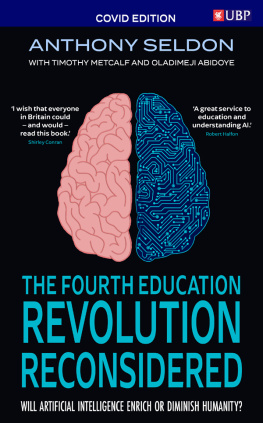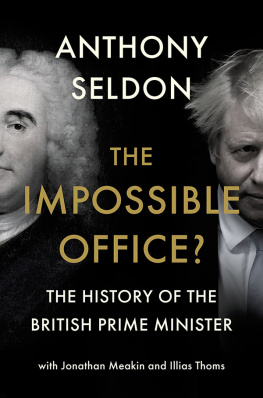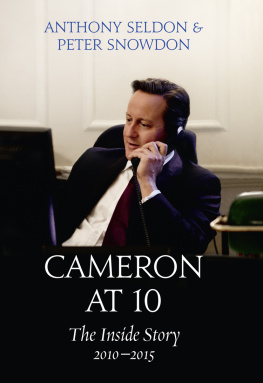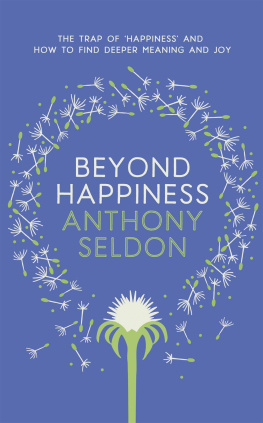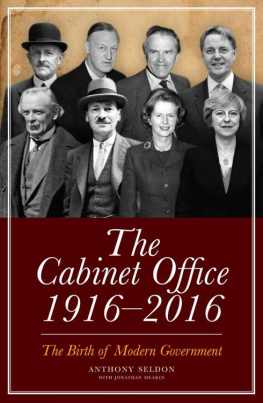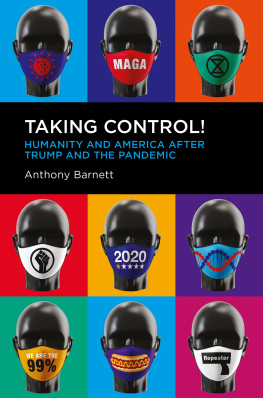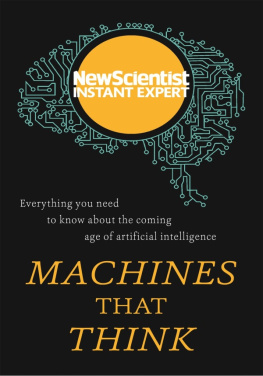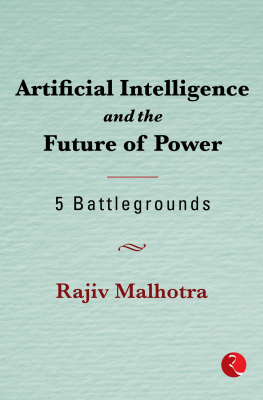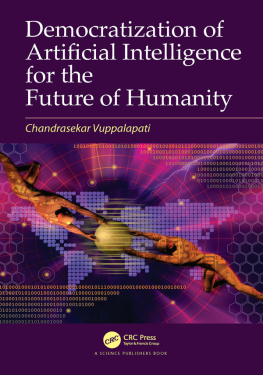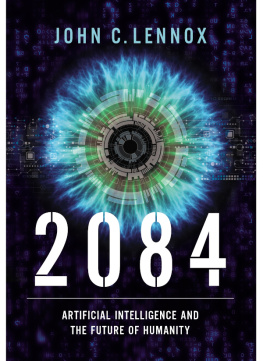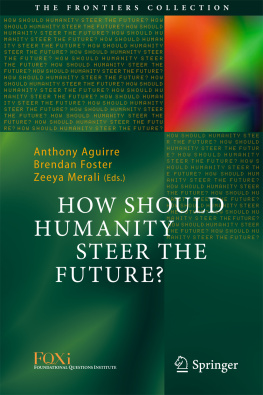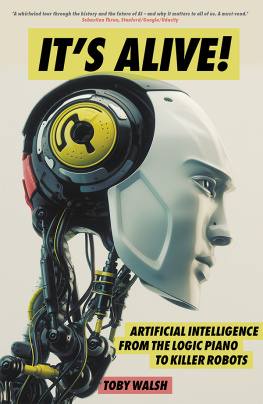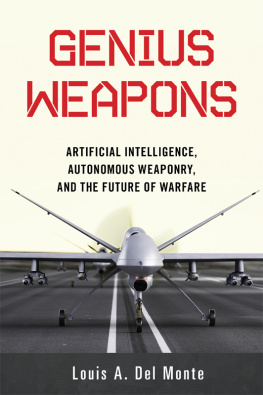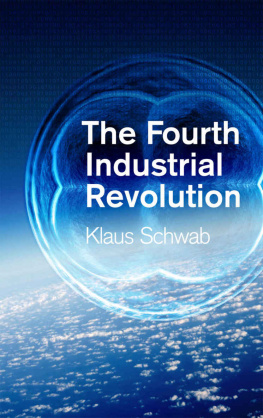Contents
Guide
The
Fourth Education
Revolution
Reconsidered
Will Artificial Intelligence Enrich
or Diminish Humanity?
The
Fourth Education
Revolution
Reconsidered
Will Artificial Intelligence Enrich
or Diminish Humanity?
Anthony Seldon
With Timothy Metcalf
and
Oladimeji Abidoye
University of Buckingham Press
This book is based on The Fourth Education Revolution, published by University of Buckingham Press in 2018.
Copyright Anthony Seldon, 2020
All rights reserved. No reproduction, copy or transmission of this publication may be made without written permission.
Except for the quotation of short passages for the purposes of research or private study, or criticism and review, no part of this publication may be reproduced, stored in a retrieval system, copied or transmitted, in any form or by any means, electronic, mechanical, photocopying, recording or otherwise, now known or hereafter invented, save with written permission or in accordance with the provisions of the Copyright, Design and Patents Act 1988, or under terms of any licence permitting limited copying issued by the publisher.
This book is sold subject to the condition that it shall not, by way of trade or otherwise, be lent, resold, hired out, or otherwise circulated without the publishers prior consent in any form of binding or cover other than that in which it is published and without a similar condition including this condition being imposed on the subsequent purchaser.
Any person who does any unauthorised act in relation to this publication may be liable to criminal prosecution and civil claims for damages.
ISBN 978-1-80031-824-3
Dedication
To Tim and Sarah Bunting, inspirers and supporters of many remarkable education projects over the last ten years.
All royalties from the sale of the book go to the Jo Cox Foundation
Jo Cox personified human intelligence at its best
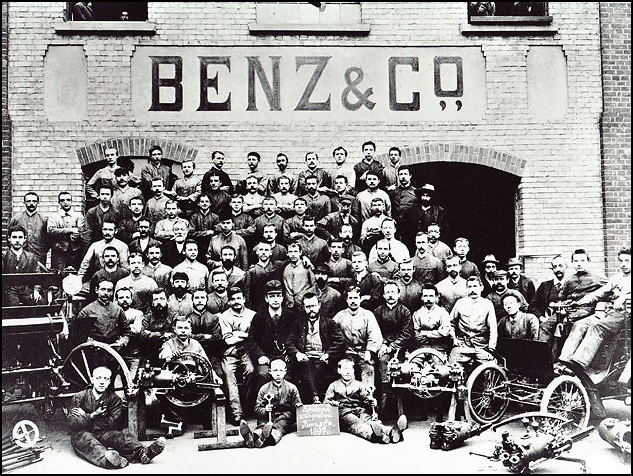
Metal & coach workers pose in front of the Benz & Co. factory in Mannheim.
AI is here in education. To understand the stage we are with its arrival, we can draw an analogy from the car industry in 1886. Karl Benz had just helped invent the internal combustion engine. People had no idea how the invention would take off, or that it would transform human life across the planet. The comparison is flawed though in one respect. AI will be more transformative than the car and will transport humans much, much further.
From
Anthony Seldon: Publication List
Churchills Indian Summer: The Conservative Government, 195155 (Hodder & Stoughton, 1981)
By Word of Mouth: Elite Oral History (with Joanna Pappworth, Methuen, 1983)
Ruling Performance: Governments since 1945 (ed., with Peter Hennessy, Blackwell, 1987)
Political Parties Since 1945 (ed., Philip Allan, 1988)
The Thatcher Effect (ed., with Dennis Kavanagh, Oxford Paperbacks, 1989)
Politics UK (Joint author, Philip Allan, 1991)
Conservative Century (ed., with Stuart Ball, Oxford University Press, 1994)
The Major Effect (ed., with Dennis Kavanagh, Macmillan, 1994)
The Heath Government 19701974 (ed., with Stuart Ball, Routledge, 1996)
The Contemporary History Handbook (ed., with Brian Brivati etc, Manchester University Press, 1996)
The Ideas that Shaped Post-war Britain (ed., with David Marquand, Fontana Press, 1996)
How Tory Governments Fall (ed., Fontana, 1997)
Major: A Political Life (Weidenfeld and Nicolson, 1997)
10 Downing Street: An Illustrated History (HarperCollins Illustrated, 1999)
The Powers Behind the Prime Minister (with Dennis Kavanagh, HarperCollins, 1999)
Britain under Thatcher (with Daniel Collings, Routledge, 2000)
The Foreign Office: An Illustrated History (HarperCollins Illustrated, 2000)
A New Conservative Century (with Peter Snowdon, Centre for Policy Studies, 2001)
The Blair Effect 19972001 (ed., Little, Brown, 2001)
Public and Private Education: The Divide Must End (Social Market Foundation, 2001)
Partnership not Paternalism (Institute for Public Policy Research, 2002)
Brave New City: Brighton & Hove, Past, Present, Future (Pomegranate Press, 2002)
The Conservative Party: An Illustrated History (with Peter Snowdon, Sutton Press, 2004)
New Labour, Old Labour: The Labour Government, 197479 (ed., with Kevin Hickson, Routledge, 2004)
Blair: The Biography, Vol I (Free Press, 2004)
The Blair Effect 200105 (ed., with Dennis Kavanagh, Cambridge University Press, 2005)
Recovering Power: The Conservatives in Opposition since 1867 (ed., with Stuart Ball, Palgrave Macmillan, 2005)
Blair Unbound: The Biography, Vol. II (with Peter Snowdon and Daniel Collings, Simon & Schuster, 2007)
Blairs Britain 19972007 (ed., Cambridge University Press, 2007)
Trust: How We Lost it and How to Get It Back (Biteback Publishing, 2009)
An End to Factory Schools (Centre for Policy Studies, 2009)
Why Schools, Why Universities? (Cass, 2010)
Brown at 10 (with Guy Lodge, Biteback Publishing, 2011)
Public Schools and the Great War (with David Walsh, Pen & Sword Military, 2013)
Schools United (Social Market Foundation, 2014)
The Architecture of Diplomacy: The British Ambassadors Residence in Washington (with Daniel Collings, Flammarion, 2014)
Beyond Happiness: The Trap of Happiness and How to Find Deeper Meaning and Joy (Yellow Kite, 2015)
The Coalition Effect, 20102015 (ed., with Mike Finn, Cambridge University Press, 2015)
Cameron at 10 (with Peter Snowdon, William Collins, 2015), Cameron at 10: The Verdict (William Collins, 2016)
Teaching and Learning at British Universities, Social Market Foundation (2016)
The Cabinet Office 19162016 The Birth of Modern British Government (with Jonathan Meakin, BiteBack Publishing, 2016)
The Positive and Mindful University (with Alan Martin, Higher Education Policy Institute, 2017)
The Fourth Education Revolution: Will Artificial Intelligence Liberate or Infantilise Humanity (University of Buckingham Press, 2018)
May at Ten (with Raymond Newell, Biteback Publishing, 2019) May at 10: The Verdict (Biteback, 2020)
Public Schools and the Second World War (with David Walsh, Pen and Sword, 2020)
The Prime Minister: 17212021 (2021), (Cambridge University Press, 2021)
Contents

AI in education has been the Cinderella of the AI story, largely ignored in the literature and by governments, companies and educational institutions worldwide. This needs to change rapidly: AI should be the fairy-tale princess or the Prince Charming in education.
Introduction
Will AI Enrich or Diminish Humanity?

